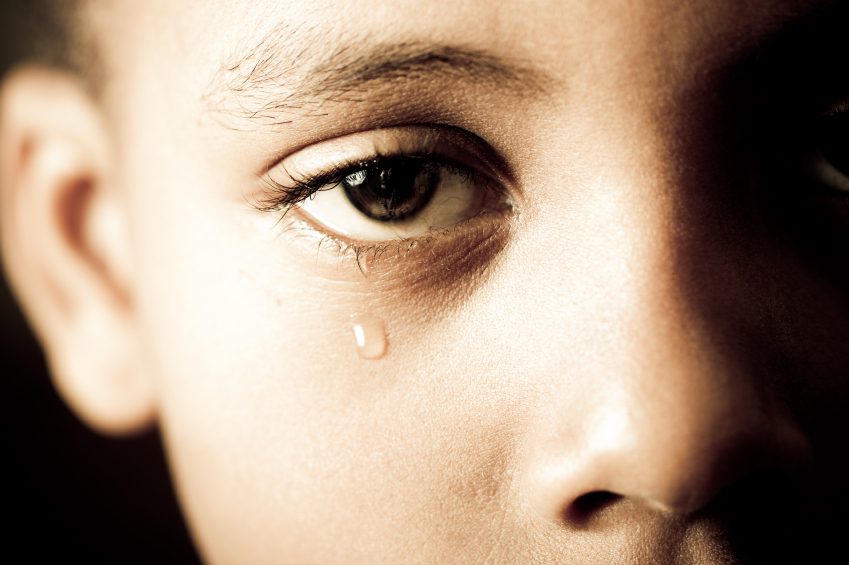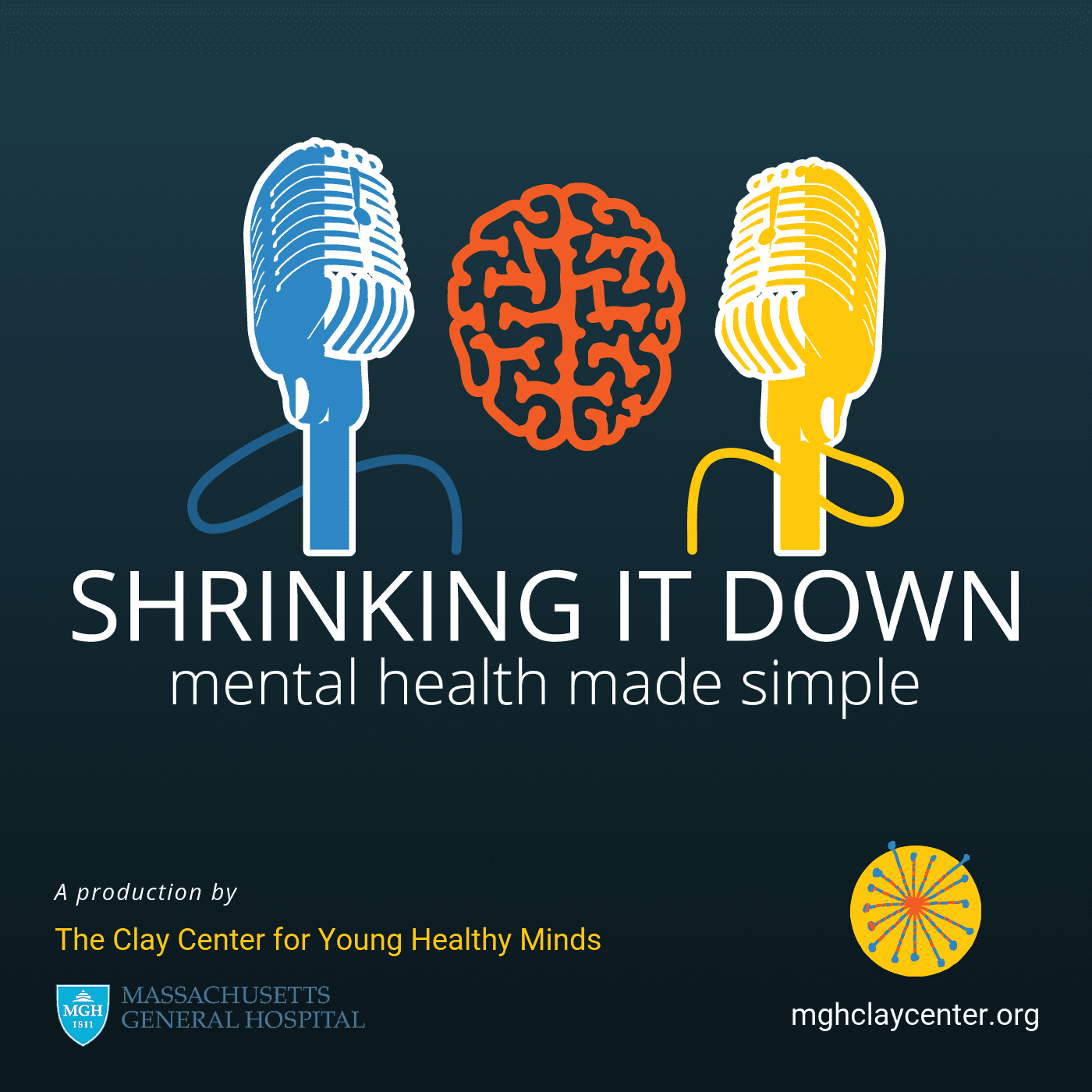What If My Child Has Obsessive Compulsive Disorder (OCD)?

Posted in: Grade School, You & Your Family
Topics: Anxiety, Mental Illness + Psychiatric Disorders
In writing this article, I’ve checked my computer three times today to make sure I’ve saved it.
I’ve also checked twice that my dog’s veterinary appointment is scheduled, and whenever I’m on a plane, I utter a little prayer to whatever deity is listening that the eight tons of steel in which I sit will actually take to the air.
But is this a problem? Does my desire to check that I saved my work to my computer, get in the way of my actual work? If I forget to say my prayer as the plane speeds up for take-off, do I feel awful for the entire flight?
In other words, do these behaviors interfere with my every-day level of functioning?
Well, no. It makes sense to check the computer a few times. I know that the plane will likely be OK if I am tending to my daughters instead of saying my little prayer.
I don’t, in other words, meet the criteria for obsessive compulsive disorder (OCD).
Lots of people do the kinds of things I mention above, but that isn’t the same thing as needing to do them. That is, being unable to prevent yourself from, for example, washing each finger on your hand 235 times before you’re able to finish your shower. That person will have raw fingers, and be constantly late to or absent from work. Moreover, that person will know how strange the behavior is. He is not psychotic. In fact, if you ask him about it, he’ll say, “I know, it’s crazy, doctor…but I just can’t stop.”
You’d think an OCD diagnosis would be easily recognized. But think of the shame involved in following an illogical ritual that you feel powerless to stop. For kids, noticing the emergence of these behaviors doesn’t come easily. For little kids, the strangeness of the behavior can get tangled with the normal magical thinking characteristic of toddlers. In this case, the toddler knows that what she is doing isn’t entirely right, but she can’t go so far as to say that it doesn’t make sense.
Consider Malcolm:
Malcolm is a 9-year-old boy who can’t sit still at his desk at school. We know that lots of 9-year-olds fidget, but Malcolm is pretty disruptive. He gets up, gazes out the window, sits back down, and then five minutes later, he’s up again. Sometimes he’ll move around the classroom restlessly, and his parents note that he keeps getting detention for not staying put.
His pediatrician very appropriately thinks this could be attention deficit hyperactivity disorder (ADHD). It’s a busy day for the pediatrician; she sees him quickly—she’s seen lots of ADHD—and prescribes ADHD medications.
But Malcolm inevitably gets worse, picking at his fingers, and continuing to get up from his desk repeatedly. In retrospect, it seems a bit strange that no one has asked him why he keeps going to the window. But it appears so much like ADHD, that folks don’t think to ask. Finally, the pediatrician stops and simply enquires: “Malcolm, why do you get up so often in class?”
Malcolm starts to cry. He notes that the summer before, he had been with his family visiting relatives in East Texas. There had been a tornado in the vicinity, and while he didn’t actually see the twister, it was broadcast on the motel TV. After that, he couldn’t shake the idea that if he didn’t constantly check the window, he’d miss an approaching storm. Yes, he tells his doctor, he knows that we have warning systems for tornados. And, he also agrees that tornados are rare here in Massachusetts.
But still, he can’t stop looking. And looking once makes him want to look again, and before he knows it his whole day has gone by. He feels ashamed, frustrated, and powerless at his ongoing challenges and behavior.
This is the prison of OCD. You know it’s a prison, but you can’t find the key. So you feel stuck, and frustrated, and scared, and ashamed. It’s very different from my checking the computer a few times to see if I’ve saved my work.
OCD is neuropsychiatric syndrome that is characterized by obsessions (intrusive thoughts), compulsions (ritualistic actions or mental exercises), or both. It affects about 1-3 % of kids during their childhood, and some argue that at any given time, there is about 1 in 1000 kids suffering from it. Though not the subject of this post, there are some studies that link OCD to contraction of the strep bacteria, or even to viral infections.
Treating OCD requires a thorough history and exam, assessment of family history (OCD tends to run in families), and usually a referral to a child psychiatrist or pediatric neurologist. Cognitive Behavioral Therapy is the psychotherapy of choice. This kind of therapy teaches kids an approach to help stop their obsessive thoughts.
Medications have also proven very useful. Selective Serotonin Reuptake Inhibitors (SSRIs) are effective treatments. Medications such as Paroxetine, Fluoxetine, Fluvoxomine and others can be good options as well, though you should talk with your child’s doctor about what medication would work best for him or her.
Here’s the good news: OCD gets better. It doesn’t always entirely go away, but it does become tolerable with treatment. Usually, combination therapy with an SSRI and Cognitive Behavioral Therapy is the best approach. However, close follow-up is needed to watch for and treat the waxing and waning symptoms.


 Share
Share Tweet
Tweet





